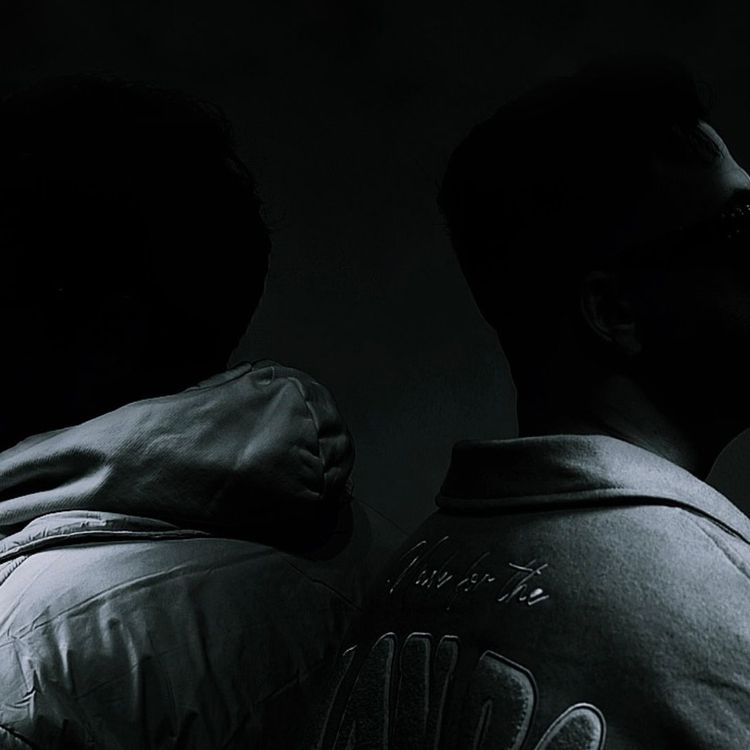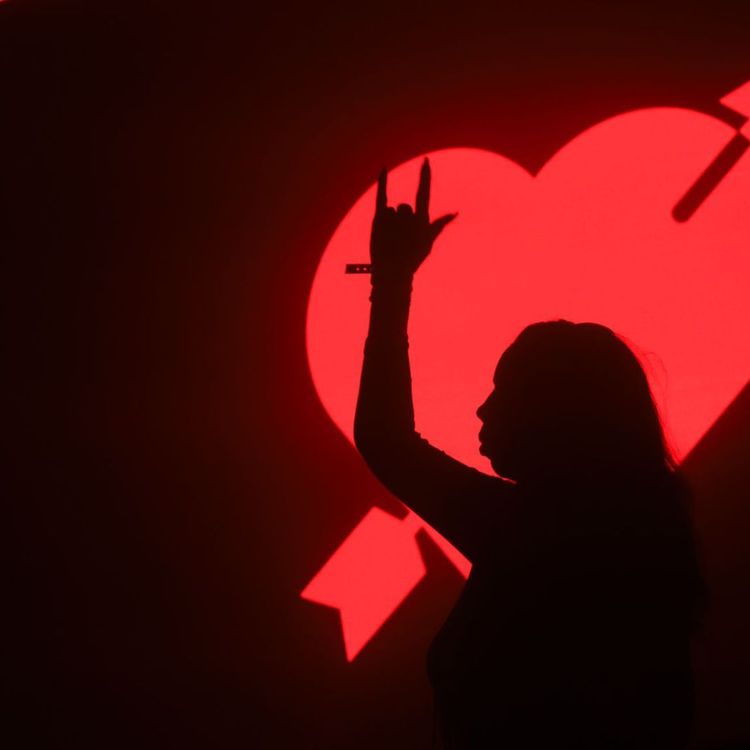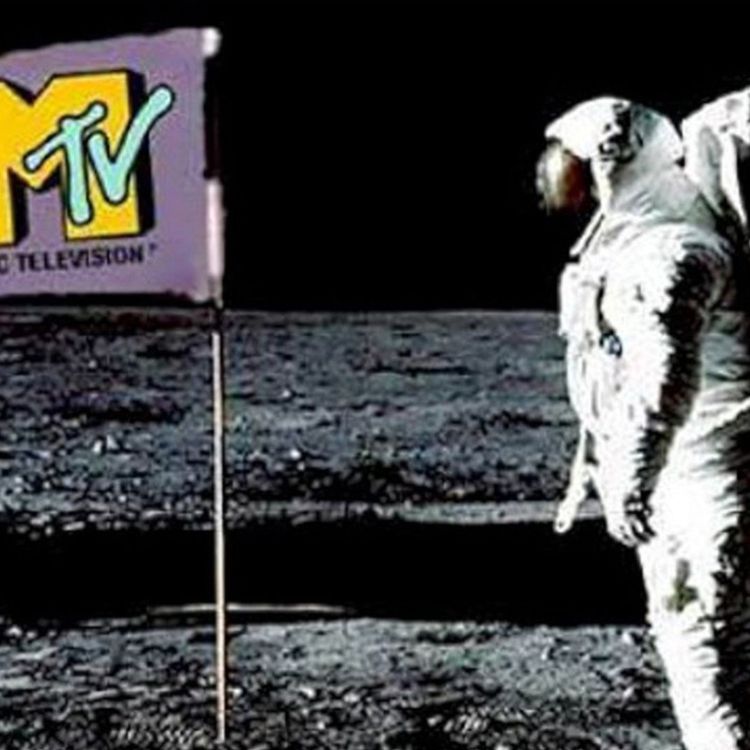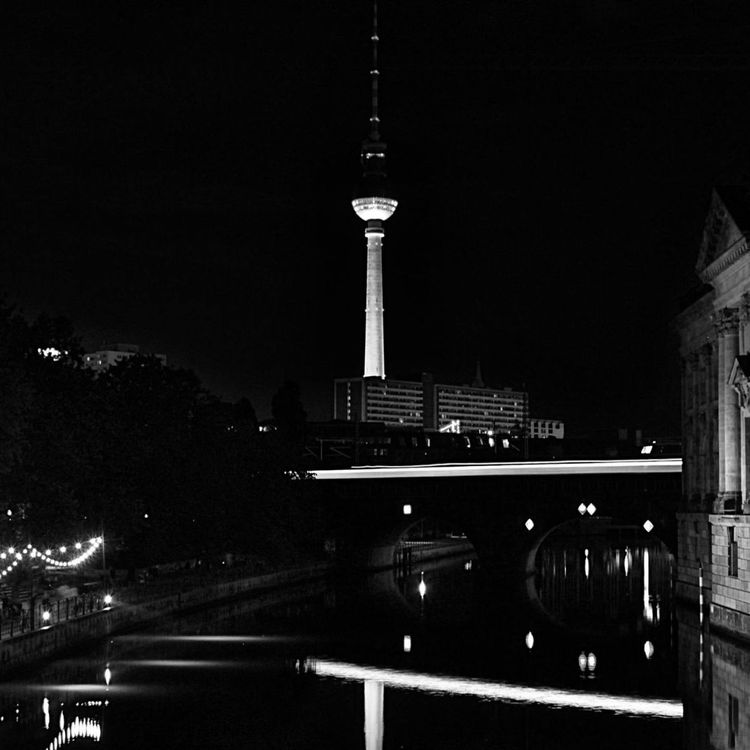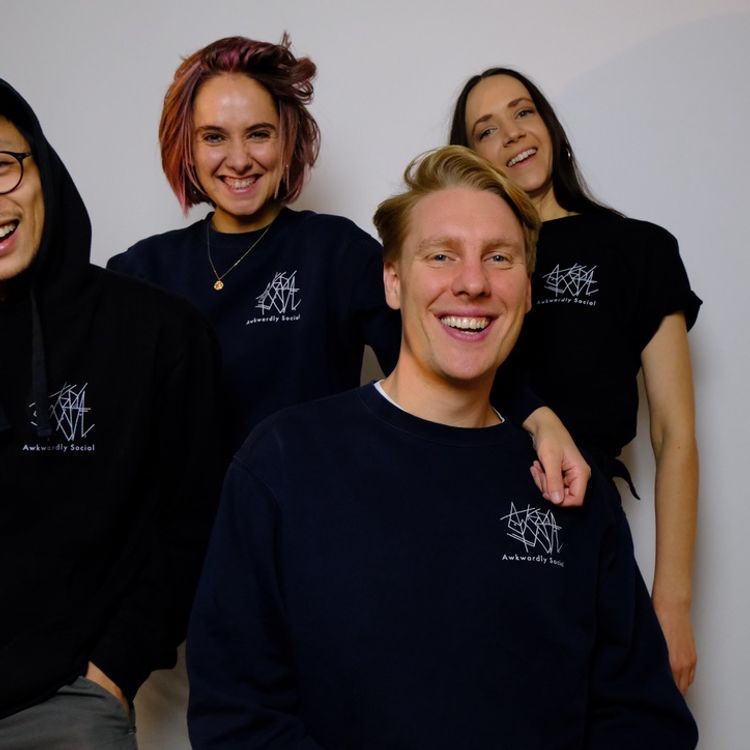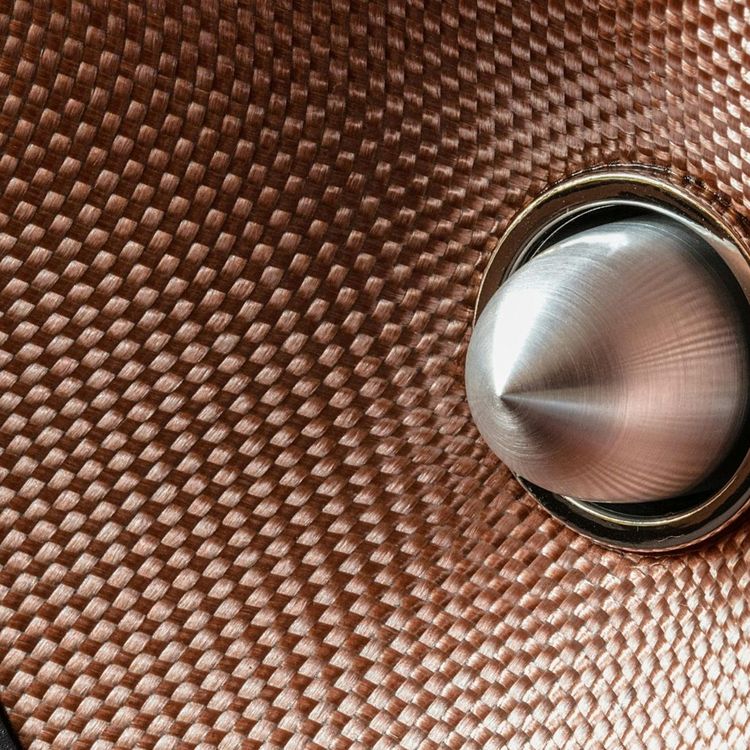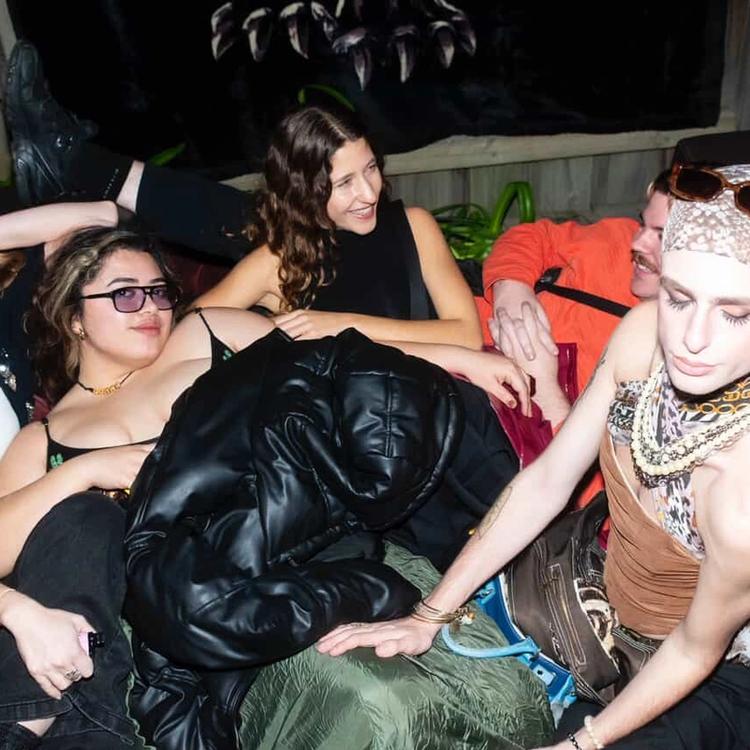From Small Town to Big Sound: Shay De Castro’s Story
Growing up in Idaho, far from the electronic music hubs, Shay De Castro discovered her love for techno in an unusual setting. With no local scene to support her passion, she turned to online forums, diving deep into discussions and learning the ropes from afar. By her teens, De Castro had taught herself to DJ, and by 2016, she was ready to turn her strong interest into a career, despite the many hurdles along the way.
Now a rising figure in Los Angeles, De Castro’s potent sound has garnered attention from industry giants like Adam Beyer and Amelie Lens. Known for her hard-hitting, melodic-tinged techno, she has made a significant impact on the global stage. Her performances at iconic venues like Exchange LA and major festivals such as Beyond Wonderland show just how well she connects with her audience and creates top-notch techno escapades.
In our interview, De Castro reflects on a closer look into her life, how her early exposure to diverse music genres, from disco to Madonna, subtly influences her techno productions. De Castro also shares some lighter moments from her touring life, showcasing her down-to-earth personality and fondness for both music and anthropology.
For techno enthusiasts, Shay De Castro represents a refreshing blend of music and creativity, making her a standout artist in the scene. With her sharp sound and ongoing drive, she promises to deliver even more exciting developments in the years to come.

Can you tell us about your journey from discovering techno to becoming a notable artist in the genre?
Sure! I actually had been listening to trance and house since I was maybe 12 or so, and I naturally discovered techno not too long after. I immediately became obsessed, spending every free moment on message boards learning and talking about it. As I was growing up in Idaho, there wasn’t really any techno scene around, so I had to resort to everything being online. I learned how to DJ a few years later, but it wasn’t until around 2016 that I started taking techno seriously (as a career). It involved a lot of ups and downs, and a lot of sacrifices, but it was necessary to move forward.
Something that I’ve always valued is staying in my own lane, so to speak. I want to produce and play what and how I want. It’s not that I don’t care what other artists are doing, but I don’t want them to influence me in a way where I subconsciously stray from that. I think that’s helped me a lot.
What were some of the challenges you faced growing up in a city without an electronic music scene?
Just the fact that there was no clear path or reference of someone who’d done what I wanted to in my city (or state) was quite challenging. Of course, there were open format DJs, but what I aimed for was to be a touring producer/DJ like Armin or Richie Hawtin. It required me to leave to start gaining traction, as there simply weren’t any techno parties going on. To put it into perspective, my city just opened their first ever electronic music club a few months ago – shout out to Space Banana!

How did your early experiences with music influence your current sound and style?
My parents didn’t listen to electronic music at all, but I do think a lot of dance music found its way to my ears through friends and TV. La Bouche, Donna Summer – just disco in general – Kraftwerk, Kylie Minogue, Madonna, ABBA…they were all quite influential to me. As different as they are, I think their influence somehow translates well in my music.
Can you describe the moment you realized you wanted to pursue a career in techno music?
I wouldn’t say it was one specific “lightbulb” moment. I just began to fall increasingly in love with it, and the lifestyle that went along with it. I was already very much an outcast in my community, and techno gave me my first sense of belonging and community. I almost feel in a way that I owe my life to techno, for truly saving me. So, it just made sense that I’d want a career in it.
What inspires your music production process, and how do you approach creating new tracks?
Everything. Heartbreak and tension is really good for inspiration, but I’m also very much motivated by beauty – and there’s a never-ending supply if you just step right outside your door. Amidst all the turbulence and chaos in the world, its opposite always exists if you look for it.

How did you gain the support of major industry names like Adam Beyer and Amelie Lens?
I was honestly just lucky that they enjoyed my music enough to play it!
What was it like hearing your music played at iconic events like Tomorrowland and Exit Festival?
It was hard to wrap my head around at first. Then I was on Cloud 9, then I had a case of serious imposter syndrome. Then I just accepted that hey, maybe people actually like my music!
Can you share a memorable experience from one of your performances at venues like Exchange LA or Beyond Wonderland?
Both Beyond and Exchange were a ton of fun, and such milestones for me. Beyond was just really exciting because of the great production and the positive energy from everyone at the Factory 93 stage was palpable. I’m a huge architecture nerd, so I took the opportunity to walk around Exchange (a breathtaking building from the 1930s that once housed the LA stock exchange) after my set and explore the different rooms.

I was so caught up in the experience that I didn’t realize at the end of the night I didn’t have my bag, and had to backtrack through literally every room we’d visited to hunt it down, only to realize it was hanging out in the DJ booth the whole time.
What do you think sets your sound apart from other techno artists in the industry today?
I think a ton of techno artists focus on chasing trends. There’s no judgment at all here, and I get it. But I personally find something special in staying true to a certain sound or style. I find hard-hitting, more melodic-tinged techno ranging from 128 to 133 bpm to be really impactful. You still get this nice groove and it’s very danceable with a certain darkness that sounds amazing on a big system.

How has your move to LA influenced your music and career?
It’s influenced everything positively. The majority of my music career prior to moving to LA was in Mexico, and despite being right next to LA, the scene is very different. I think LA really jumpstarted things for me with so many incredible opportunities available here. There is really something for everyone and every subgenre, which allows me to open myself up to more musical possibilities.
What advice would you give to aspiring techno artists trying to break into the scene?
Take time to figure out where your values lie – not just in your music but who you are as a person. Determine how you want to represent yourself and your art, as they are not two different entities – they’re completely intertwined. This will allow you to move in the industry with confidence and map out a path that makes sense.
How do you manage the balance between studio work and live performances?
I don’t, ha! It’s actually something I’ve recently been much better about. Once I admitted to myself that I can’t just wait for inspiration to strike and I actually have to take the studio as a job, I became more productive.
Can you talk about your experience working with iconic labels such as Factory 93, mau5trap, and Kraftek?
Each one was such a different experience, but all amazing. mau5trap in particular was pretty intimidating as I actually went in person to their offices. That was the first time I’d ever done something like that, but it was also the first time I’d felt like a “real” artist, if that makes sense. It was very humbling and inspiring.
What are some of your goals for the future, both musically and personally?
I do have very specific goals that I don’t really tell anyone, but in general, I want to continue surrounding myself with people who push me and inspire me to be the greatest version of myself in every way.
What’s one unexpected thing you’ve learned about the music industry since you started?
That you will constantly question yourself.

If you could collaborate with any artist, dead or alive, who would it be and why?
That’s a hard one, but all of Fleetwood Mac. Their songwriting, musical talent, ingenuity, and originality are unmatched for me.
What’s the funniest or most surprising thing that’s happened to you on tour?
One booth had their power strip right behind me, and I somehow managed to step on it and turn the booth off. Dead silence in the venue for a couple of minutes, that felt like an eternity!

If you weren’t a techno artist, what do you think you’d be doing right now?
Probably something to do with anthropology. I remember taking one of those career tests in high school and it said I would either be a museum curator or a musician, and wow, was it accurate! I love all things art history, architecture, etc. but also have a dream to swim next to blue whales, so I feel like if I could encompass all that into one career, I’d be a very happy girl.






